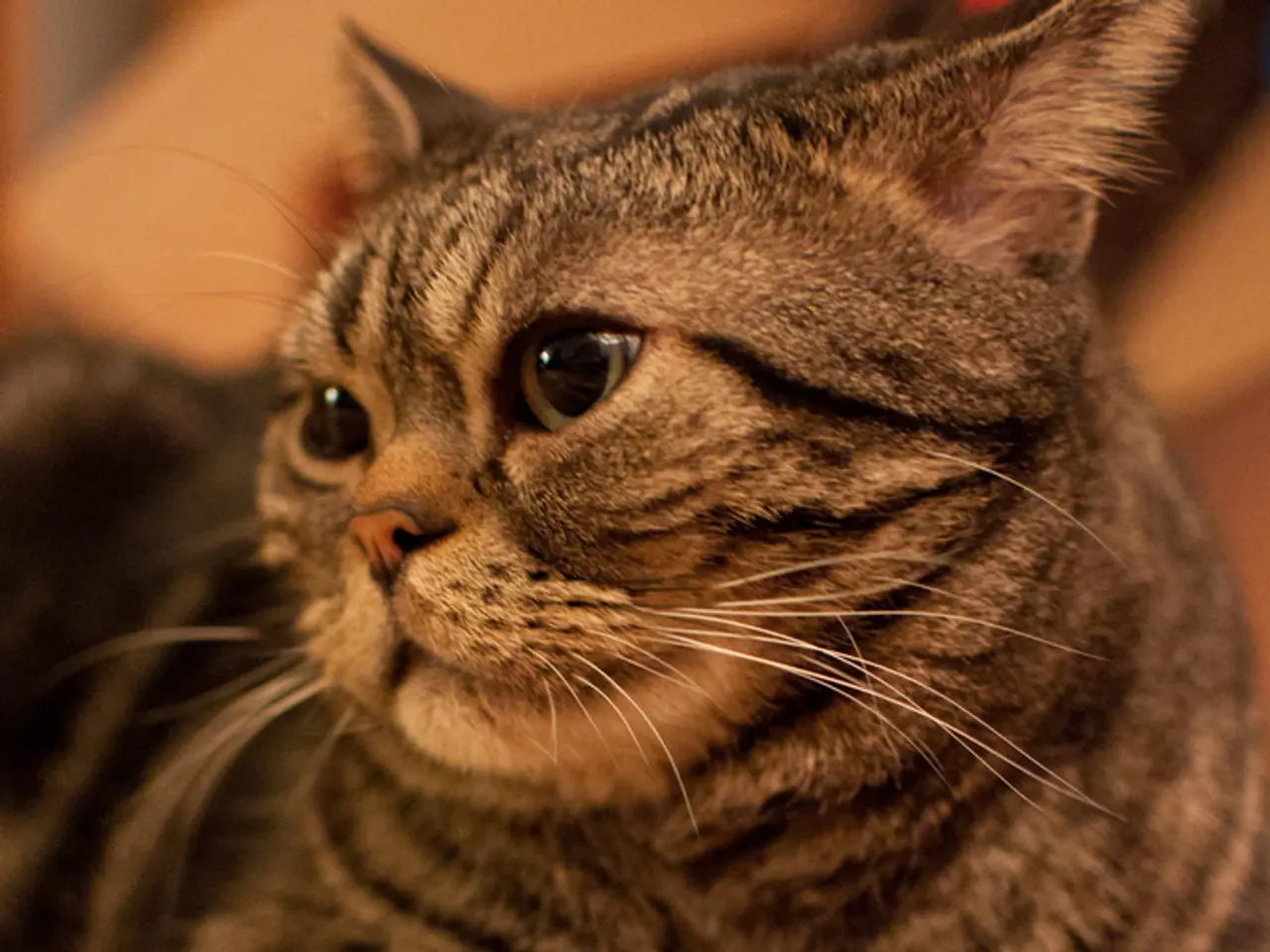Cat Breathing Rapidly: Is it a Concern?
Understanding and Addressing Persistent Panting in Cats
Panting in cats is not a common occurrence and often indicates a significant underlying issue. Some common causes of persistent or unexplained panting in felines include respiratory problems, heart disease, heatstroke, pain, anxiety, and systemic illnesses.
Respiratory conditions, such as asthma, bronchitis, or upper respiratory infections, can cause inflammation and restricted airflow in the airways. Heart issues, like heartworm disease or congestive heart failure, can affect oxygen delivery and breathing. Heatstroke and overheating, particularly after exercise, in hot environments, or with breeds less tolerant of heat, can also lead to panting.
Panting can also be a sign of pain or discomfort, anxiety, or stress. While less common, these factors should not be overlooked.
When to Seek Emergency Veterinary Care
If a cat is panting and exhibits any of the following symptoms, immediate veterinary attention is necessary: difficulty breathing (open-mouth breathing, gasping, or blue/pale gums), collapse or lethargy, severe coughing or choking, signs of heatstroke (excessive panting with drooling, weakness, confusion), persistent panting after resting or without obvious cause, pain signs or sudden behavioral changes, any indication of shock or severe distress.
In such emergencies, it's essential to go to an emergency veterinarian as quickly as possible. If unsure about a cat's panting, it's recommended to call the vet.
Upon arrival, a veterinarian may use chest X-rays, blood tests, or oxygen saturation checks to diagnose respiratory or heart issues in cats. Some cats may require oxygen therapy, intravenous fluids, or medications to treat respiratory distress or anemia.
Prompt treatment is crucial for managing conditions like feline asthma, heart failure, or infectious diseases. Therefore, if you notice your cat panting persistently or without an apparent cause, it's essential to stay calm, keep the cat comfortable, and seek professional help without delay.
Technology advancements in veterinary medicine have aided in the development of diagnostic tools like chest X-rays and blood tests, which help vets detect respiratory or heart issues in panting cats more effectively. Incorporating a solid understanding of science, mental health, and health-and-wellness into veterinary practices can aid in identifying underlying causes of anxiety or stress leading to persistent panting in cats, ultimately improving their overall well-being.




